In light of India introducing its National Education Policy (NEP) recently, and to commemorate Teacher's Day on September 5, Kartavya Sadhana will be publishing a three-part series written by Ujjwala Deshpande, where she talks about her journey in the education system - from a student to a teacher. Besides having an experience of 10 years of teaching Sociology to BA and MA students, she is also an awardee of the Sabarmati fellowship.
With this rich background and her understanding of the Gandhian concept of education, she analyzes the contemporary methods of the teaching and learning process in the higher education system. This second part of the article focuses on the writer’s role as a teacher and her reflections on the competency of teaching and providing quality education to the students.
What is the aim of education? Is it to distribute as many degrees as possible each academic year, or to help future generations build their careers or something beyond? Is the education system aiming to instill fear, subservience, and blind obedience in students by demanding unquestioned submission to its authority?
It saddened me to witness a Sociology special topper, academically ‘best’ student, and the best NSS (National Service Scheme) award winner being exploited in her personal life. She was beaten blue-black by her in-laws. Only when things escalated at the cost of her life, a divorce was finalized. Does higher education help students face these challenges in life? The answer is ‘No, it does not’. There might be exceptions where it does help, but as exceptions go, they are rare. This incident proves that as educationists we fail our students.

The government takes a lot of effort into the creation of good educationists. The UGC (University Grants Commission), – the governing body of all the Universities in India, started establishing ASC (Academic Staff College) from the year 1987, to orient the new entrants into the profession, and improve the knowledge and skills of those already in it. To instill a sense of seriousness, an element of compulsion has also been introduced: those entering the profession are required to attend an orientation course before they complete their probation and such.
As happens with all the initiatives carrying a compulsory element, the original objectives underlying the establishment of ASCs are lost and the courses have been ritualized. The Orientation course which I attended was a depressing sight – several professors attending the course were doing so to get their increments for which the completion certificate is required. While some of them were openly antagonistic because thought it was below their intellectual level to attend such courses, some even tried to copy during a class test!
What values will these participants inculcate in their students if they don’t feel it’s wrong to copy during an exam? Who should be truly held responsible if students are caught copying during exams? Who are the real culprits?
Many of my students were first-generation learners. They came from diverse segments of society and felt that higher education would help them cross any barriers raised by their caste, class, religion, region, and gender. They also seek higher job profiles which can yield good monetary returns. Are Universities today catering to the needs of the society which is transforming rapidly?
There is nothing wrong if students come and ask us what kind of career opportunities and salary a particular subject provides. Knowledge for the sake of knowledge is good when one has a secure life. But for students coming from a vernacular background, especially from lower-income groups, need some kind of assurance from us when they consider opting for the subject.
Though we are not able to provide this assurance, we want the students to choose our particular subject as their special subject. We do not want to face the challenge of ‘being surplus’ if we do not get ‘the required number’. The parents of most of my first-generation students worked on daily wages, so how lower can we stoop when we give our students false assurances?
When contemplating ‘why Sociology as a subject gets fewer students?’, G B Venkatesha Murthy states, “Unable to attract ‘the best’, the discipline suffers from mediocrity and worse”. “What is the meaning of ‘the best’, ‘mediocre’ & ‘worse’ here?” Are we going to be hypocrites, again, when our subject fights the inequalities and dominant structures in society? I know turning ‘a worse’ into ‘the best’ is the challenge Sociology can address. Maybe we can say that rather than considering the IQ, we should consider the SQ (Social Quotient) of the student, especially when we are dealing with the social sciences and society.
And did G B Venkatesha Murthy mean to say that ‘the best’ which opts other disciplines, fares well in life? What is it that we want – more students taking our subject so that our jobs remain secure, we do not become ‘surpluses’, and that we need not care what they do afterward? OR Do we want the upcoming students to lead their lives better with their education, irrespective of their specialization?
What I realized very early in my teaching career was that most of the students – under-graduate or post-graduate, Marathi medium or English medium – were unable to study on their own. It is not their fault as they are never taught how to self-study, and hence most of them depend on guides. I had to start by explaining to them how to search for a particular study topic in the library, and how to make notes among other things. Even for M.A. students, I used to organize ‘library tours’ and I have seen the students enjoy them!
They learn this eventually but it saddens me that this learning takes place at the college level (but again better late than never!). Is the educational system afraid that if students learn to study on their own, it will become obsolete?
In the era of globalization, we have made education a market-oriented commodity and students, our customers! Again, there is nothing wrong if the students are getting good ‘service’ in this whole setup. But in reality, we have made them customers without thinking about the ‘service’, while simultaneously extracting huge fees from them! And those who are unable to pay these fees are thrown out of the system. How do we teach about Jyotiba and Savitribai Phule who devoted their lives for the down-trodden when the system rejects them because they are unable to pay fees?
 Savitribai Phule, India’s first female teacher, and her dedication towards teaching while facing tremendous opposition from society in Pune paved the way for women’s education in India. How are we treating our female students today? Gender sensitivity is an all-encompassing concept, but where is the support system for the girls? In one of the girls’ colleges when girls were the victims of eve-teasing and they approached the teachers for help, the female Principal responded with a ‘no’ because the incident occurred outside college premises!
Savitribai Phule, India’s first female teacher, and her dedication towards teaching while facing tremendous opposition from society in Pune paved the way for women’s education in India. How are we treating our female students today? Gender sensitivity is an all-encompassing concept, but where is the support system for the girls? In one of the girls’ colleges when girls were the victims of eve-teasing and they approached the teachers for help, the female Principal responded with a ‘no’ because the incident occurred outside college premises!
Just recently, a female student in Pune was seriously injured in her college premises by a boy. This is when suddenly at the university level, people realized some serious steps need to be taken NOW! How does one discuss gender sensitivity in a class where these girls are sitting with their criminals? As sociologist Sujata Patel said in her paper titled, ‘Challenges to Indian Sociology’, if ‘Classroom space defines the way teaching and learning takes place’, then what kind of space is being created?
Bertrand Russell in the year 1950, wrote in his book ‘Unpopular Essays’ about the functions of the teacher. He said “Teachers are more than any other class, the guardians of civilization. They should be intimately aware of what civilization is, and desirous of imparting a civilized attitude to their pupils. We are thus brought to the question: what constitutes a civilized community? Civilization, in the more important sense, is a thing of the mind, not of material adjuncts to the physical side of living. It is a matter partly of knowledge, partly of emotion. No man can be a good teacher unless he has feelings of warm affection towards his pupils and a genuine desire to impart to them what he himself believes to be of value.”
Sujata Patel in her paper asks the Sociology fraternity to develop critical reflexivity and expects the classroom ‘to become the battleground - both of learning and against its domination’ but when the system threatens the teacher to ‘Keep your mouth shut, you are replaceable!’, it is a horrendous task to teach students to speak out against any kind of domination. Not everyone can fight against the system. Critical Reflexivity then just becomes one of the topics to be taught!
The biggest challenge is how to make this work – when it is difficult to change the ‘system’ – and still make students understand the nuances of the situation without actually criticizing the system in front of them?
- Ujjwala Deshpande
ujjwala.de@gmail.com
Part 1 of this three-part series can be read here. Part 3 can be read here.
Tags: Education Ujjwala Deshpande National Education Policy New Education Policy NEP Jyotirao Phule Savitribai Phule Contemporary Teaching Learning Process University Grants Commission UGC Bertrand Russell Quality Education Teaching Higher Education Load More Tags



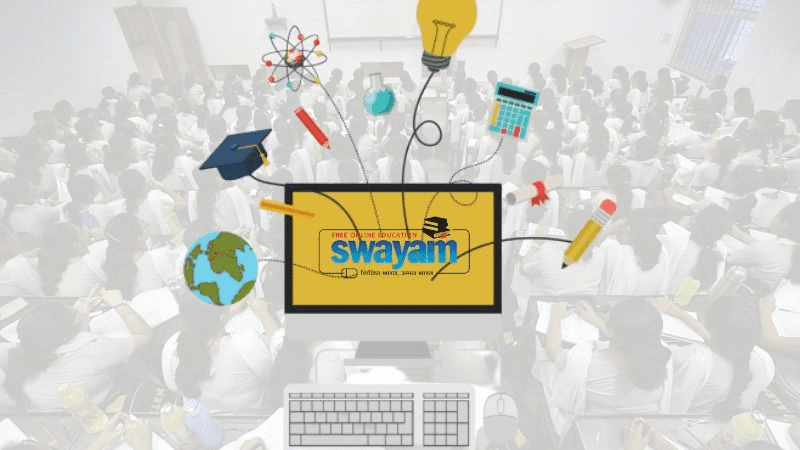
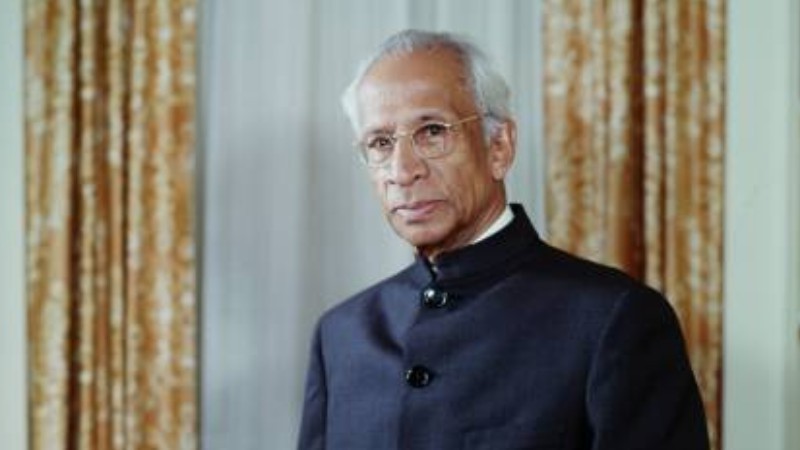
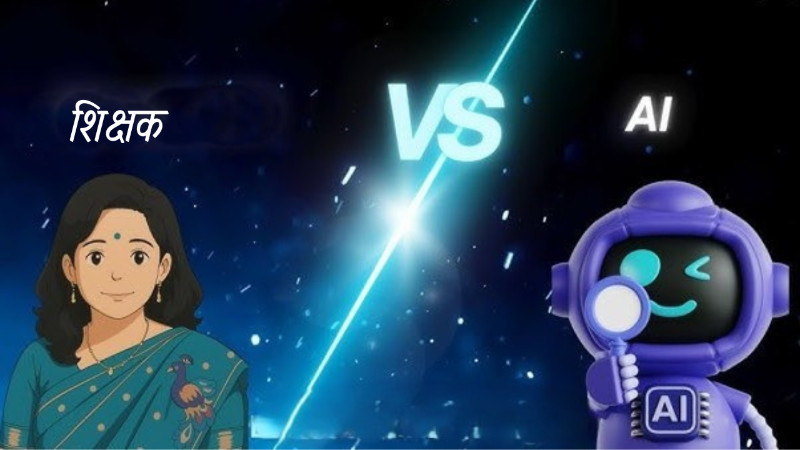
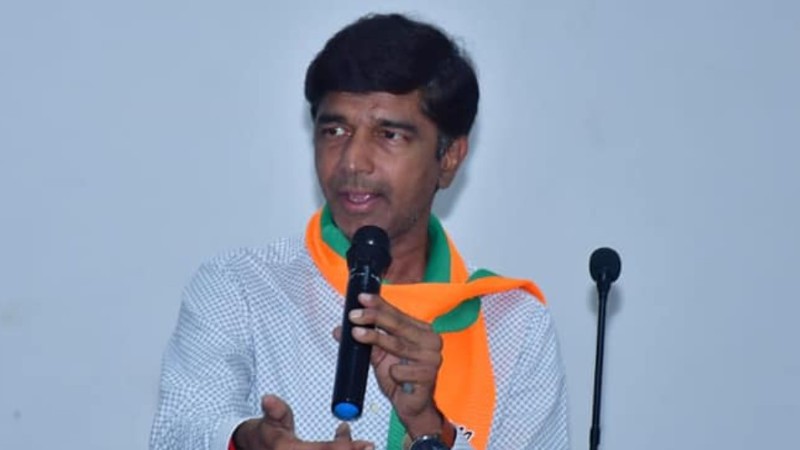
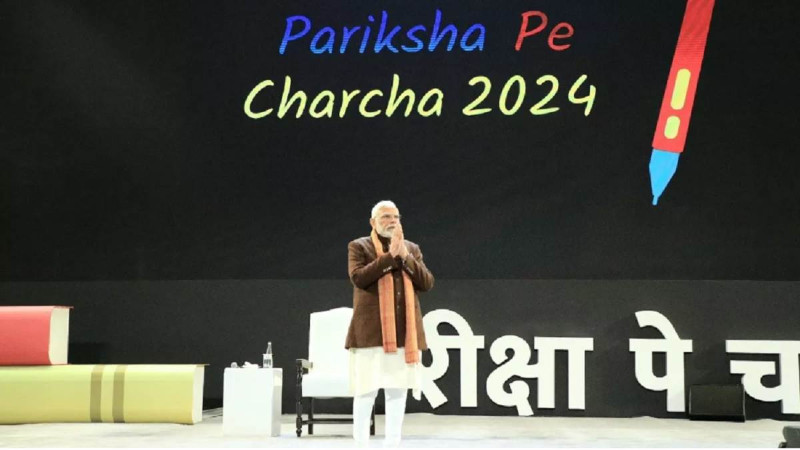
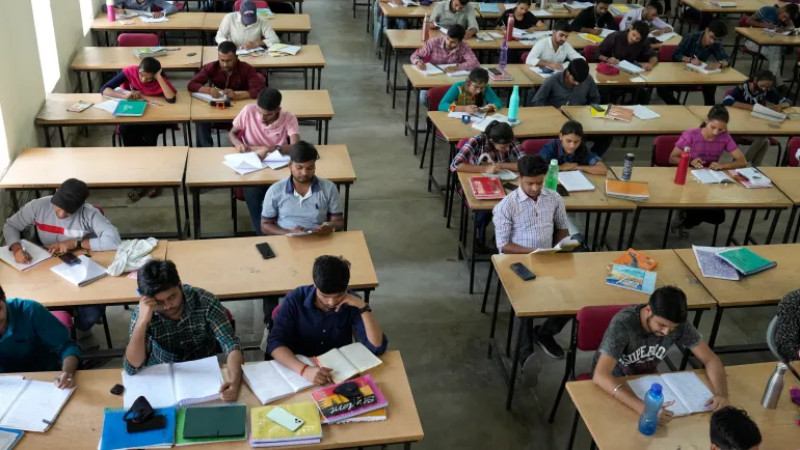
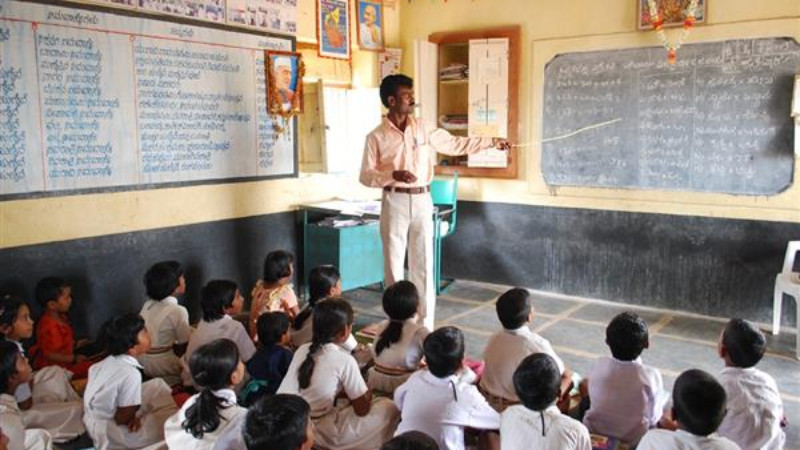

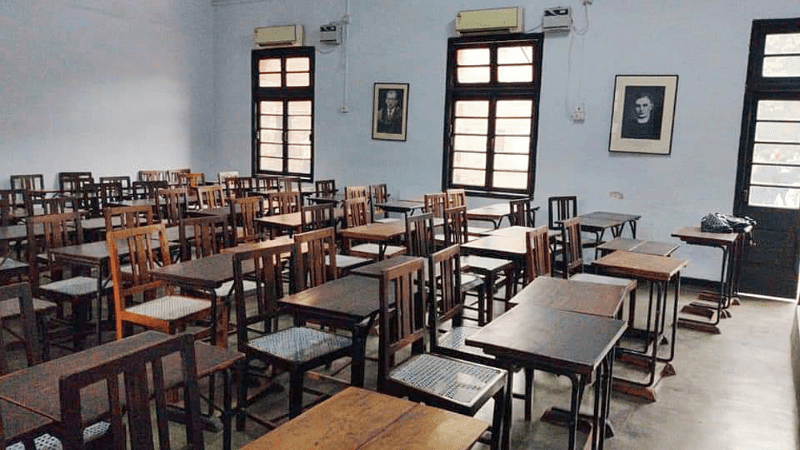

























Add Comment